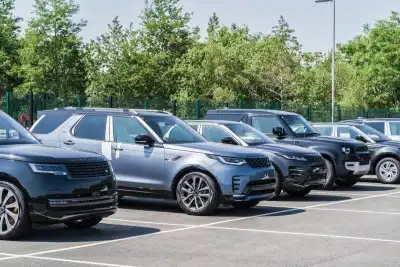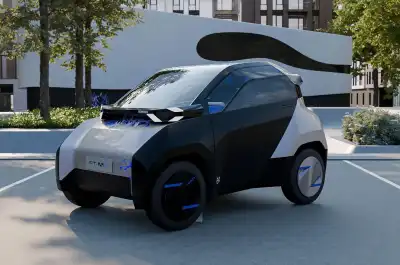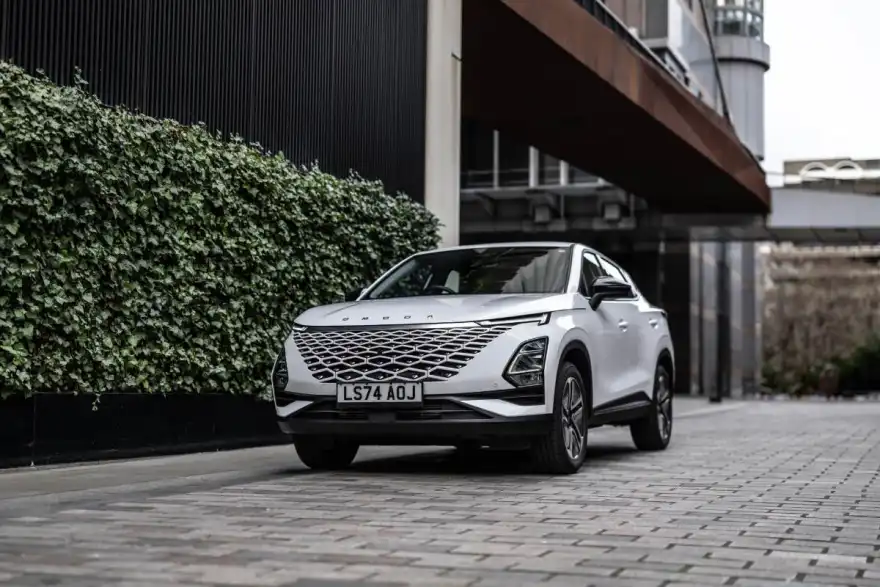
Let's engage in a little game. When we say "BYD", "Nio", "Zeekr", "HiPhi", or "Jaecoo," consider which name sounds like a Pokémon, which one resembles the brand name of a kid's sweet, and which one you might choose to buy. If none of these names sounds familiar, well done: you’re precisely the kind of individual these brands are eager to attract.
By 2025, Chinese electric vehicle brands are poised to do to the global market what Japanese and Korean manufacturers accomplished during the 1970s, 1980s, and 1990s - flooding it with well-priced, well-equipped vehicles. The key difference? These are electric, they aim high, and their names seem as though they were crafted by someone who lost a bet with a Scrabble set. However, unlike the poorly constructed attempts of yesteryear, these brands are legitimate contenders - and UK buyers will soon be encountering them everywhere. So, let's dive in.
BYD (Build Your Dreams)
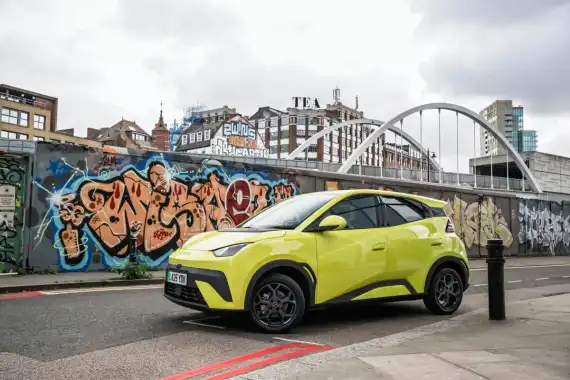
We start with the one you’ve likely heard of: BYD. It’s not just big; it’s colossal. In 2023, it surpassed Tesla in global electric vehicle sales. In the UK, models like the Dolphin and Atto 3 are already making a splash as well-equipped, sensibly priced electric hatchbacks and crossovers, with more models on the way.
BYD isn't concerned with being trendy; it's focused on winning. The recently launched Dolphin Surf now competes with petrol rivals at £18,650, offers over 200 miles of range, and is loaded with features that make a Ford Puma look outdated. Furthermore, BYD offers bundled home charging solutions and energy plans through Octopus - although it's worth noting that it still can't charge faster than a petrol station fills a tank. Nonetheless, for first-time electric vehicle buyers, it’s a sensible option.
Nio
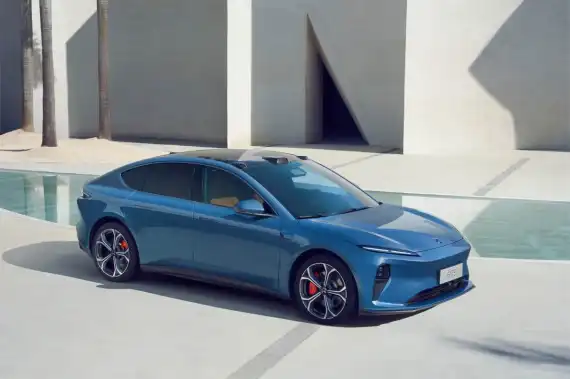
Next is Nio. This brand aims to rival Tesla with its battery-swapping technology and high-profile marketing. Best known for the EP9 - an astonishing electric hypercar that dazzled on YouTube but didn’t appeal much to the average consumer - it’s now selling models like the EL6 and ET5 Touring, which are premium EVs targeting those who might typically consider an Audi or BMW.
Nio's best feature is its battery-swap tech. Drive into a station, swap out your battery, grab a full one, and off you go. Sounds perfect. In reality, there are only a trio of swap stations in the UK. Despite this, the vehicles are impressive. They do come with a higher price tag, but they're sleek, well-built, and stuffed with technology. The only real challenge? Many people remain unfamiliar with the brand - and if you're spending over £50k, you'd probably prefer more than just bemused looks at the badge.
XPeng
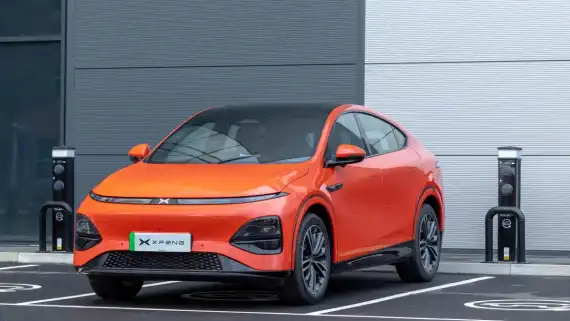
Here's another contestant vying for Tesla's crown that you might not have encountered. XPeng is a tech-savvy company offering models such as the G9 SUV and P7 saloon, which bear a resemblance to the Model Y, albeit with added chrome. Prices start around the £50k mark, and the vehicles come equipped with long-range batteries, stylish interiors, and semi-autonomous driving features as standard.
XPeng's advantage lies in its software. The autonomous technology is among the best in the market, and the marque has invested in user interface design - meaning you'll spend less time fiddling with random icons to adjust the settings. However, if you prefer physical buttons and a handbrake over voice commands and pop-up menus, the design may be overwhelming. XPeng cars are certainly clever, but are they seen as cool?
HiPhi
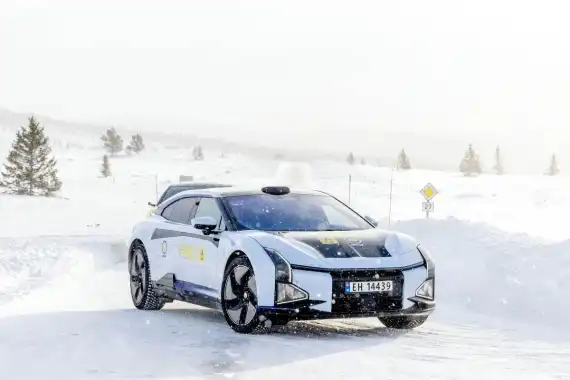
Yes, that's genuinely the name. It sounds like a gym fanatic's protein bar and looks like a spaceship. The HiPhi X and HiPhi Z are ultra-premium electric vehicles priced above £90,000, featuring gullwing doors and digital dashboards that extend around the cabin.
These models are rare, striking, and are far from mainstream. However, as flagship cars representing Chinese technology and design, they certainly make a lasting impression. No one buys one for practicality - this is all about electric vehicle drama.
Zeekr
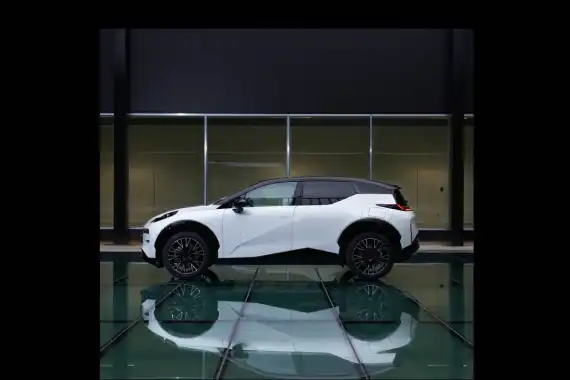
Zeekr is Geely's posh electric vehicle brand - think of it as the electric relative of Volvo and Polestar, albeit with a bit more flair. The new Zeekr X and 001 boast an extensive range, rapid charging capabilities, and tasteful interiors. The marque is targeting the Tesla Model Y demographic with a Scandinavian-inspired minimalist approach and Google-integrated infotainment.
While prices for the UK haven’t been confirmed yet, expect them to fall between £45,000 and £55,000 depending on specifications. In contrast to some rivals, Zeekr appears nearly ready for mainstream success, backed by brand pedigree, European design, and enough Volvo DNA to satisfy safety enthusiasts.
Lynk & Co
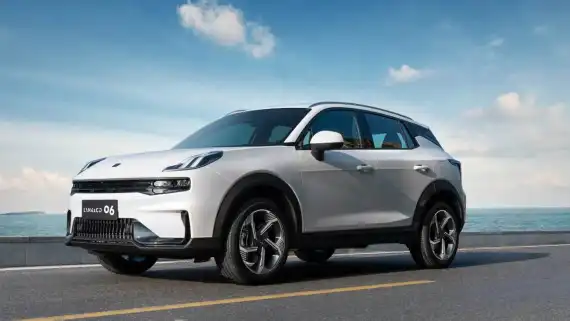
A brainchild of Geely, Lynk & Co. revolves around a lifestyle concept, offering stylish crossovers, a heavy emphasis on app-based functionalities, and a strong commitment to subscription-based driving. The 01 SUV can already be spotted on UK roads, primarily through monthly leased packages that encapsulate everything, including insurance, maintenance, and even breakdown assistance.
While the cars are decent, they might come across as a tad uninspiring to drive. However, that's not the intent. These vehicles cater to those who prefer to 'swipe' for a car, much like they would when swiping on a dating app. It may lack romance, but it certainly embodies modernity.
Omoda
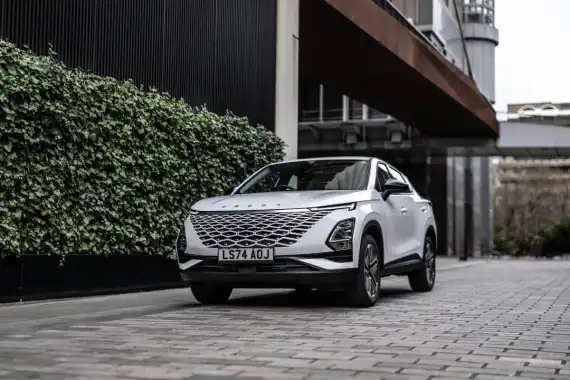
Yes, it might sound like a pasta dish, but it’s not Italian - it's Chinese. Omoda is Chery's EV and crossover brand that has made its debut in the UK with the Omoda 5 - a sharply styled SUV designed to give Kia and Hyundai a run for their money.
The focus is on striking aesthetics and smart technology, featuring ambient lighting, large displays, eye-catching designs, and voice control capabilities. Priced between £25,000 and £30,000, it's likely to attract younger buyers looking for something distinctive. The question remains, though - will they place their trust in a brand they're unfamiliar with? This is likely if the monthly payments are appealing.
Maxus
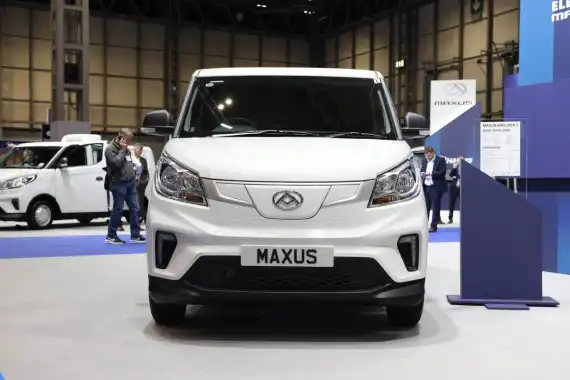
Less about flair and more about functionality, Maxus - also part of SAIC like MG - produces electric vans, MPVs, and utility vehicles. Its eDeliver range has already gained traction with fleet operators, and the new MG MIFA 9 presents a luxurious MPV that resembles something a dignitary might be driven in.
It might not evoke desire, but for those running a business seeking greener alternatives, Maxus provides reliable vans that get the job done - without unnecessary fuss.
Jaecoo, Leapmotor, and Co.
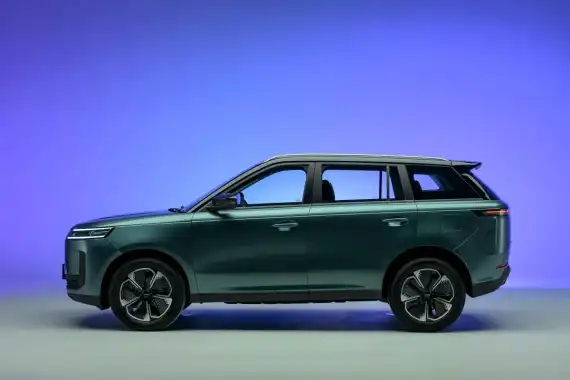
These represent the genuine newcomers. Jaecoo, another Chinese offshoot of Chery, designs robust-looking crossovers intended for the likes of the Hyundai, Nissan and VW buying demographic, while Leapmotor has recently collaborated with Stellantis and is targeting Dacia buyers. They all form part of the same trend: more vehicle options at lower prices, leading to greater choice.
The challenge? Not many people are familiar with these monikers yet. When you're asking consumers to invest in something unproven, brand trust is crucial.
Should You Take Notice?
If you're a petrolhead - someone who relishes a manual gearbox, enjoys the sounds of the engine, and believes screens are ruining the essence of driving - then no, these offerings won't pique your interest.
However, for the average individual seeking affordable, eco-friendly, and tech-savvy transport? Yes, these marques are significant. They're undercutting European foes, outpacing Japanese technology, and moving faster than most traditional manufacturers can adapt. For budget-conscious consumers - or those tired of escalating German auto prices - these alternatives are certainly worth considering.
Just don't expect your neighbour to necessarily recognise the badge quite yet.

